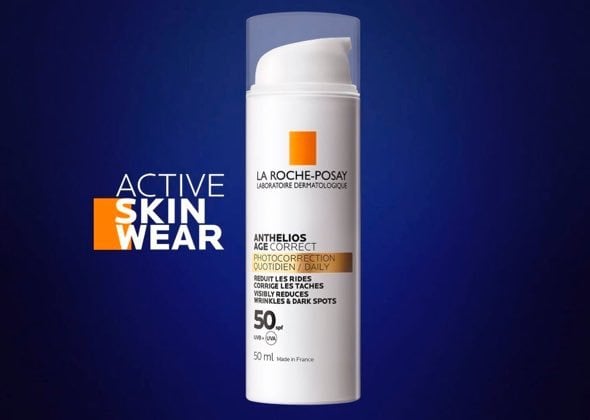ALLERGY-PRONE SKIN AND SKIN'S LIVING ECOSYSTEM:
THE MICROBIOME
Optimal dermatological skincare solutions for allergy-prone skin should also act on skin’s invisible barrier of living micro-organisms, its microbiome, which is essential to its wellbeing and protection. For a skin-soothing effect that lasts, use a thermal water mist and barrier creams enriched with thermal water, since this ingredient is a natural prebiotic able to replenish skin’s surface ecosystem for long-term soothing, protection and relief.
In this section, you will discover comprehensive allergy-prone skincare routines with product recommendations to help soothe irritations. You will also learn more about La Roche-Posay’s commitment to creating products that are safer for the most sensitive to allergic skin types. Finally, if you decide to consult an allergist, we provide information on what to expect and how you prepare your consultation (with a downloadable allergy diary template to fill in).
In this section, you will discover comprehensive allergy-prone skincare routines with product recommendations to help soothe irritations. You will also learn more about La Roche-Posay’s commitment to creating products that are safer for the most sensitive to allergic skin types. Finally, if you decide to consult an allergist, we provide information on what to expect and how you prepare your consultation (with a downloadable allergy diary template to fill in).








